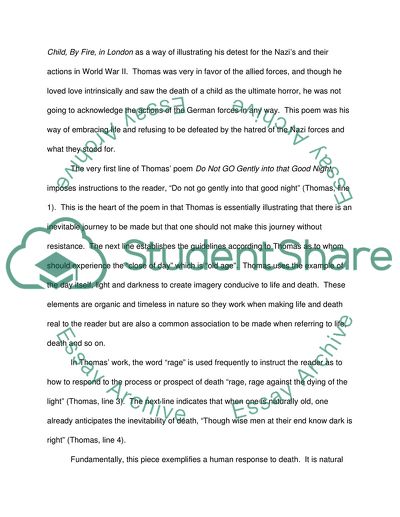Cite this document
(“Poetry Explication Essay Example | Topics and Well Written Essays - 1500 words”, n.d.)
Poetry Explication Essay Example | Topics and Well Written Essays - 1500 words. Retrieved from https://studentshare.org/miscellaneous/1546375-poetry-explication
Poetry Explication Essay Example | Topics and Well Written Essays - 1500 words. Retrieved from https://studentshare.org/miscellaneous/1546375-poetry-explication
(Poetry Explication Essay Example | Topics and Well Written Essays - 1500 Words)
Poetry Explication Essay Example | Topics and Well Written Essays - 1500 Words. https://studentshare.org/miscellaneous/1546375-poetry-explication.
Poetry Explication Essay Example | Topics and Well Written Essays - 1500 Words. https://studentshare.org/miscellaneous/1546375-poetry-explication.
“Poetry Explication Essay Example | Topics and Well Written Essays - 1500 Words”, n.d. https://studentshare.org/miscellaneous/1546375-poetry-explication.


